Well, Tuesday was a fabulous day, and I wrote it up in great detail while it was still fresh in my mind. Unfortunately, though, you’re not going to learn all that much about it. Bloggers nightmare: I managed somehow irretrievably to lose it. So, I’m just going to be able to give you overall impressions, plus whatever specifics I can recall (or make up; after all, how will you know?).
Breakfast at the hotel, with more interesting conversation that ranged from home schooling to the work that the Global Health Initiative, under Sola’s direction did in Haiti, assessing needs, sending people in needed areas of expertise and providing aid of about one million dollars in personnel and goods in an effort to avoid epidemics.
Rain meant that we were likely to have a very muddy day, so I went with Jonathan, Benjamin and Joseph to get boots, while the others drove ahead to Krapa. While I was sorry to miss the conversation en route, I did get the experience of walking around the market, with it’s array of goods ranging from refrigerators to fish. A sign of the times was twenty or more people selling cell phones out of stands created in the back of their cars. I was also able to get shaving and after shave, because when I got my bar back, I’d discovered that the only thing missing was the shaving cream I was sure I’d packed, which the Monrovians apparently had pilfered, at the same time spilling the small vial of after shave. Bet you didn’t know that about Monrovians, did you?
Arriving at Krapa, the place looked deserted as compared to previous visits, because school was out and so there were no swarms of smiling faces, pushing to have their photos taken. Susie felt from their look around that things were not going well. Mathis had been a place, where last year we found that the building the Kipharts had donated had not been used for a grade school, as intended. A brave young headmaster, Philip had spoken in front of the acting chief and his cousin cataloging problems there. Later, he courageously went to the head chief, who intervened, supposedly setting things straight. At a meeting later in the day, we’d have an opportunity to find out how things were.
I was driven a short distance to see the second “Carol and Arnie” well, which we’d contributed after our last visit.
Later in the day, we’d drive by the Valerie and Michael Lewis well that our friends the Lewises contributed. Valerie was with us on our trip last year.
Drove on to Nkyerepoagso, where we saw the laborious process of making palm oil by hand, the young mother of four sweating as the pulp (later used as fuel) was ground to produce the oil.
As we walked around the village, we saw an unventilated kitchen, where cooking was done. Sola, a pulmonologist, said that there were two million unnecessary deaths caused annually by this indoor pollution. Sola said that cooking indoors was a more dangerous health hazard than smoking. Another health issue was added to the Kipharts list.
At each place we visited, Funmi asked questions about whether health workers visited and whether the children had been inoculated (yes, and yes) and asked people to show their cell phones, which they had. So, in a real sense, we were doing field work to test what we’d been told.
Here’s Funmi in her stylish hat.
In a ceremony typical of the ones held wherever we went, the chief and elders welcomed us by forming a line and walking by us to shake our hands, each one of them saying “you are welcome” as they passes. Later, we would form a line to do the same, in reverse. We would be asked our “mission,” why we were there, which Peter would reply to. Speeches would follow. Gifts were given (the Kipharts had brought duffles of soccer balls, candy, uniforms, etc.), and sometimes we were given gifts, too. Ceremonies were cut short on this trip, because of the number of places we were visiting. In one village, the Kipharts gave the children toothbrushes made by a company he’d invested in.
We moved on to the cocoa farms at Adowa, where much of the crop was in harvested because of manpower shortages. At a well in the village, young children were pumping water from the newly constructed well.
Next to the village of Prophet Emanual, the 96-year old prophet we visited each time. He is in remarkable shape, carrying himself erect, alert and energetic. He told us of how when anyone came to visit him, he told them of the great work Susie and Dick had done in building a well and a school. He blessed us in a very musical sounding blessing.
As the others walked around the village, I was able to spend more than half an hour asking the Prophet questions, Peter acting as my interpreter. We covered a range of things, the Prophet sometimes choosing to answer the question he wanted to, rather than the one I’d asked, in the manner of a US politician (though this was probably due in part to translation problems). The overall sense is one who believes genuinely that he hears the voice of god and is guided by visions, capable of bringing dead people back to life, curing the disabled and providing advice to the new president of Ghana. He has no regrets and, when asked about problems a prophet faces, he said that when he traveled he was sometimes concerned as to whether the vehicle he traveled in would make it. When he died, he said he would reveal which of his sons would succeed him as prophet. He declined my request that he tell me that now.
Next we went to Manhya, where the Kipharts had built there first well. There had been problems on and off there, but a warm relationship with the chief and elders prevailed.
We then drove to the home of the 80-plus year old head chief in the Krapa area, who has been enormously supportive. His nephew, the acting chief, seemed to be a good deal friendlier than last time, and the impressive young headmaster who joined us reported that everything was now good in the school, though he was working on the challenge of improving their students’ test scores.
Because of the lateness of the hour, we went, feeling quit grundgy, directly to the Golden Tulip hotel, where a dinner for 25 (which became 35) had been arranged. Most of the others arrived much later, so we could have gone to the Inn to freshen up. Eventually representatives from schools, health providers and government arrived, and, after dinner, Sola expertly led a discussion among participants about how everyone could work together. While we’d had these dinners on prior trips, no worthwhile exchanges had taken place. We were all struck by the very impressive head of the school district, Gertrude, who raised the possibility odd accelerating change greatly, through computers. New will definitely stay in touch with her.
When we returned to the Inn, we spent half an hour debriefing the day, before retiring, exhausted.
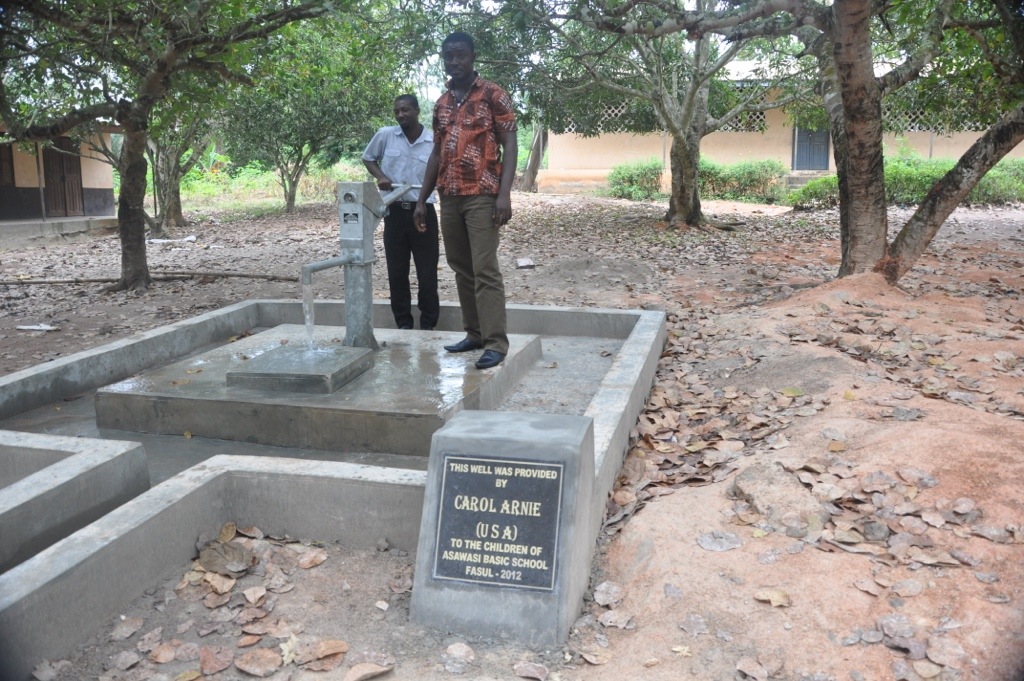
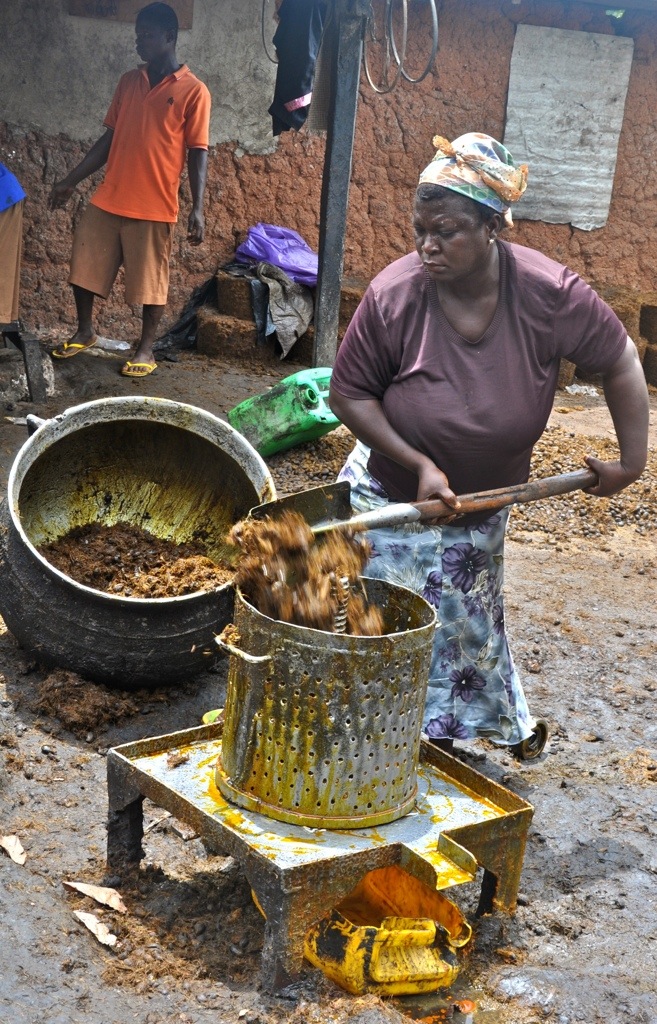
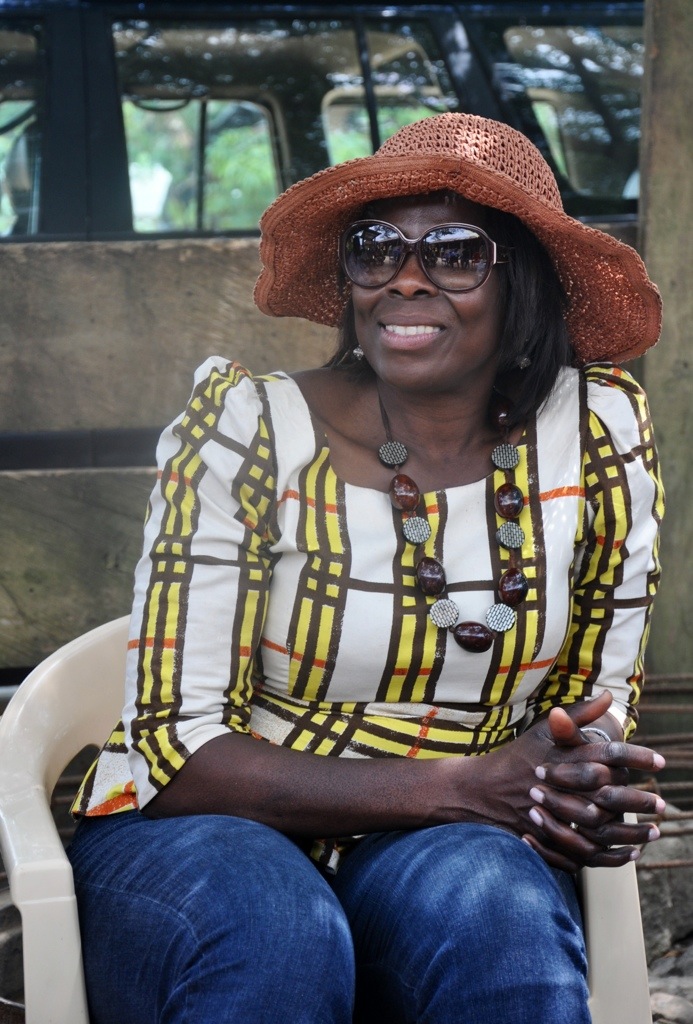
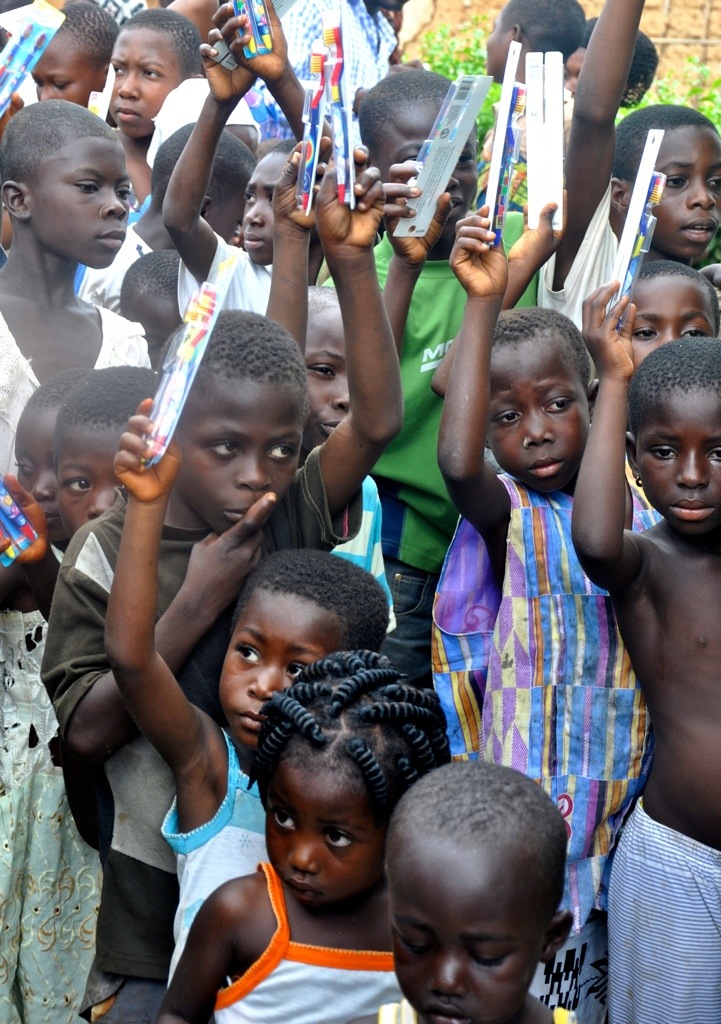
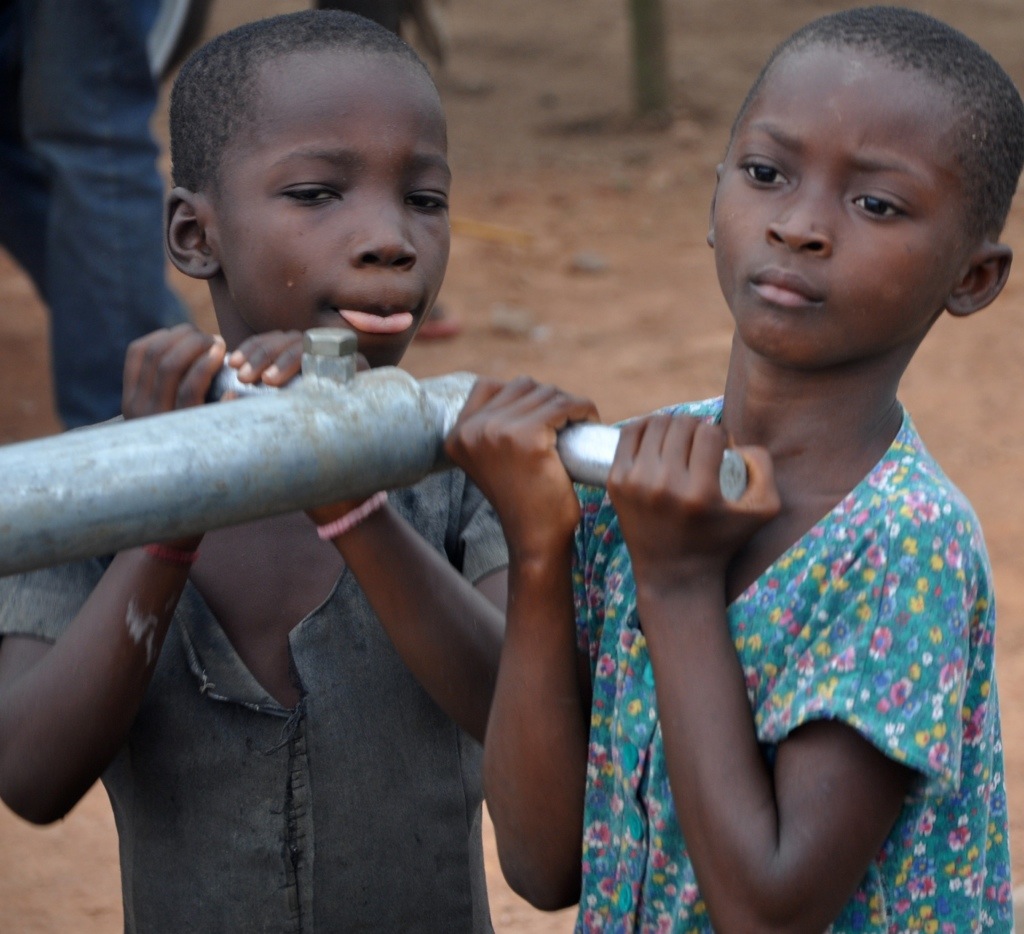
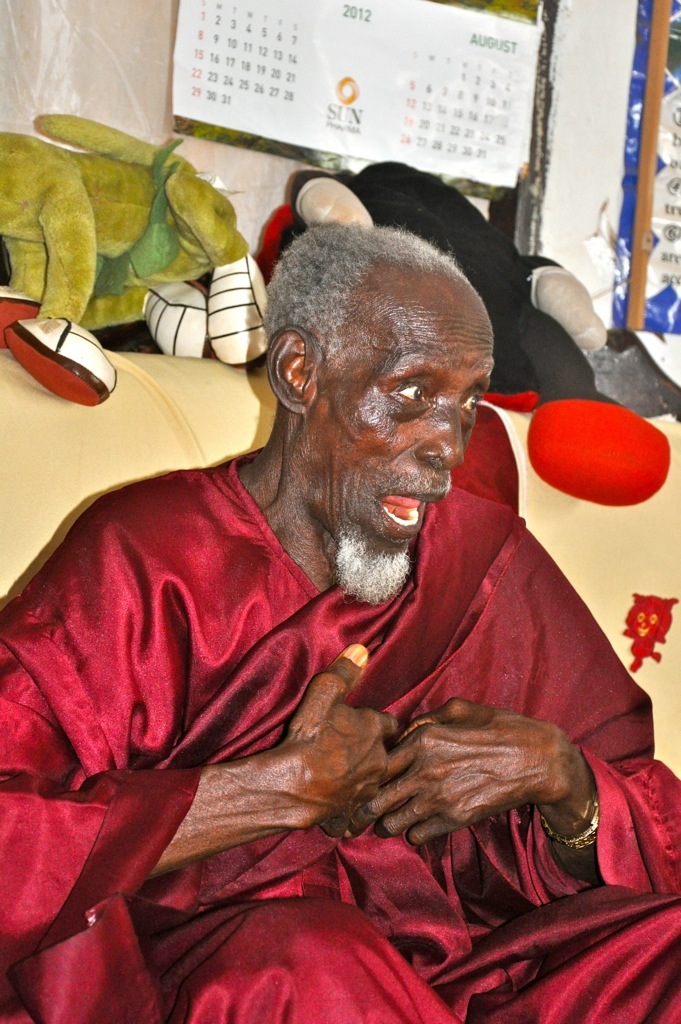

Thanks. I love your blogs. Missed the first one. Eve
What is the status of things at the school at Krapa?